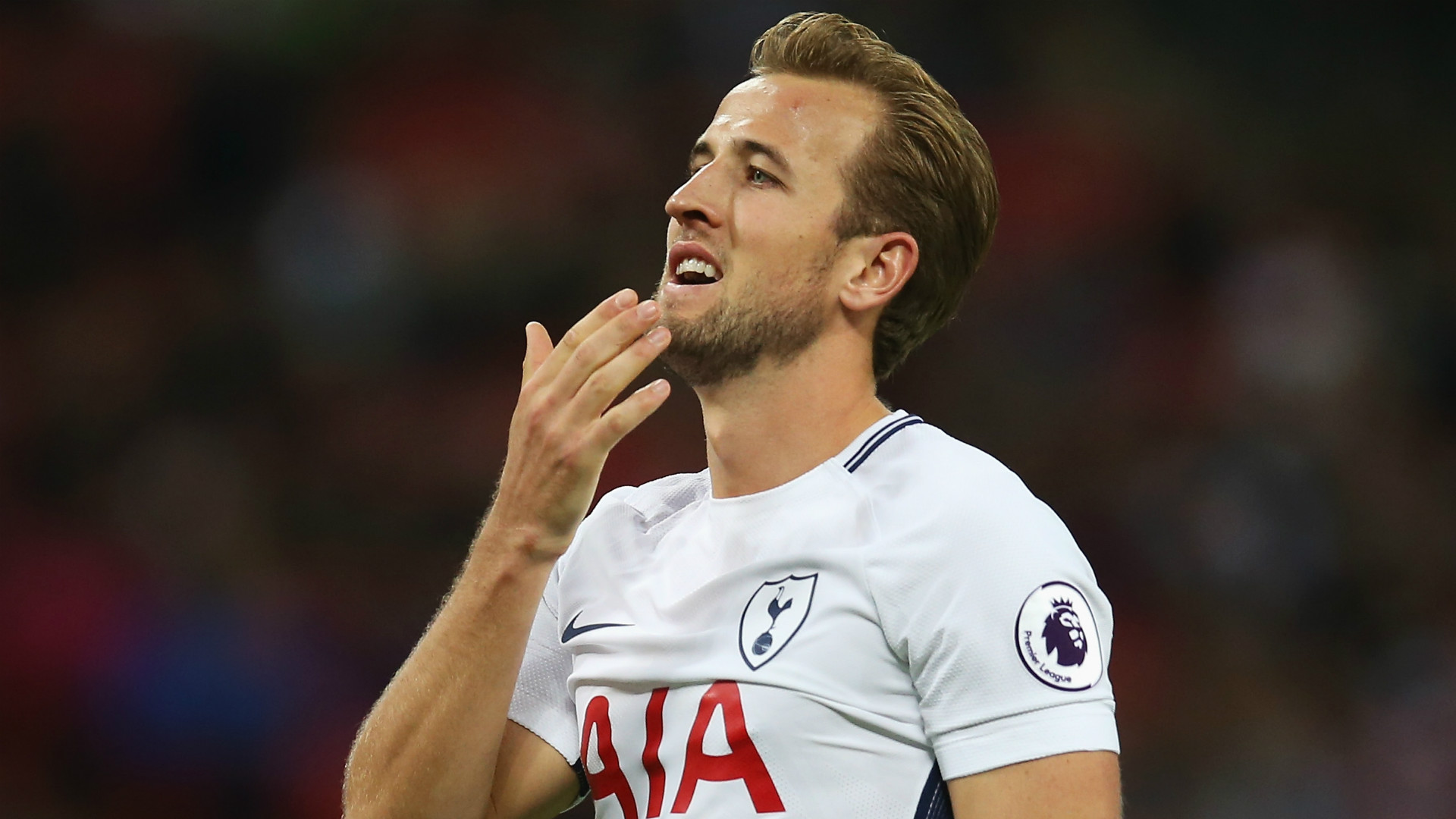The team selection for this big game certainly raised a few
eyebrows. There was consensus that Mane and Firmino could benefit from a rest –
Mane has twice been thrown back into action off the back of injuries, and
Firmino’s role in Klopp’s team necessarily results in vast amounts of energy
being expended. However, most would have expected the rotation options to be
called upon in midweek against Sevilla; the upcoming game against Stoke would
have provided an equally ample opportunity. Ultimately, though, it can only be
a good thing that the manager now feels he has squad players who can
realistically be trusted in even the most important games. One would hope,
having spent forty-million pounds on Oxlade-Chamberlain and blocked a move away
from Anfield for Sturridge, that there would be no complaints when the two
actually get picked. The complaints that were voiced in respect of
Oxlade-Chamberlain were quickly silenced – he started brightly, and continued
in this vein throughout the match. He refused to allow Chelsea’s back line much
time on the ball, and when he was able to win it back he used it well. Just as
satisfying as his bursting runs were his decisions on occasion to shift the
ball infield; it was his most mature, composed performance since joining from
Arsenal. This was rewarded with an assist – he helped to finally break the
deadlock midway through the second half by instinctively poking the ball
through to Mo Salah, who did what he has been doing for fun ever since joining
and stuck it in the back of the net.
Sturridge was not quite as emphatic in his silencing of the
doubters – it wasn’t necessarily a bad performance, and indeed only an
excellent Azpilicueta block denied him a goal to double the lead, but the
absence of Firmino was marked. Salah was seldom found in space; he was forced
to engineer it for himself, rather than relying on the movement of the
centre-forward to open things up. On multiple occasions the Egyptian spun past
Cahill with ease, only to find more bodies ready to get between him and the
goal – Sturridge’s lack of intelligent movement is at least partly to blame for
this. As ever, this comes with the disclaimer that Sturridge’s class remains
beyond question – the questions about whether he can genuinely play a role in
Klopp’s system, however, are becoming ever more pressing (excuse the pun).
The more immediately concerning problems were to be found in
midfield. Milner, Henderson and Coutinho were deployed in a central three; this
naturally took the form of a double-pivot in reality, with Coutinho drifting
around further up the pitch. The protection offered to the defence was
virtually non-existent – Henderson failed to follow up from his poor showing in
Sevilla with a convincing display here, and was bypassed as if he wasn’t there
on multiple occasions. Milner was even worse; Henderson is at least fairly
reliable in possession, but the ex-City man subjected Liverpool to
near-relentless pressure in certain spells through his failure to retain the
ball. Coutinho, too, is not free of blame – in the first half he flatly refused
to track back a lot of the time. This is obviously not his primary duty, but he
should have taken some responsibility for limiting the space in which the
Chelsea forwards could operate. Hazard in particular needed to be tracked a
little more diligently – the Belgian was given the space to excel in the first
half, and in fairness he looked exceptional. Indeed, Coutinho’s second half
showing illustrated the importance of his defensive contributions; he started to get back a little more, and this
coincided with significantly fewer chances for the visitors until the final
twenty minutes.
It was in this final period that Liverpool were undone, as
they had been against Sevilla. Unlike the Champions League game, it was not a
complete self-destruction; Klopp’s side were undoubtedly guilty of backing off
too much, and of abandoning much of the composure and discipline on the ball
that they had exercised prior to scoring, but it was ultimately a mishit cross
that gave Chelsea their breakthrough. It would be ridiculous to assign any
genuine blame – the cross came in from Moreno’s side, but he was not really at
fault. In fact, on the whole, the Spaniard responded excellently to his
disastrous showing against his former club: he dealt admirably with what was at
times a barrage down his left flank. It simply wasn’t to be for Liverpool. Such
strokes of luck cannot be legislated for; whilst there are undoubtedly ways in
which the team could have managed their lead more effectively, which absolutely
need to be addressed going forward, their undoing was just a fluke in the end.
Where does this leave the team? It is a case of having to
just move on, and do so quickly; the game against Stoke is looming on the
horizon, and a win is important to get back on track following two
disappointing draws. The players will surely take heart from the fact that the
point has not left them in a dire position by any stretch of the imagination;
the table accurately reflects that City have been dominant and the chasing pack
have been much of a muchness. The battle for the top four will be a long one,
and Liverpool will be encouraged by the fact that on most days they will not be
faced with crosses that fly into the top corner.
- Follow me on Twitter @JamesMartin013

